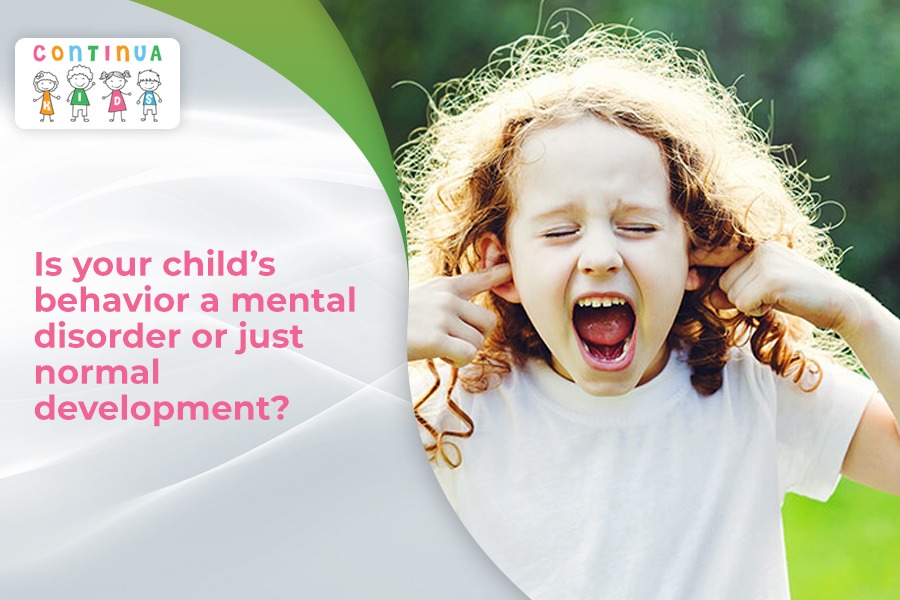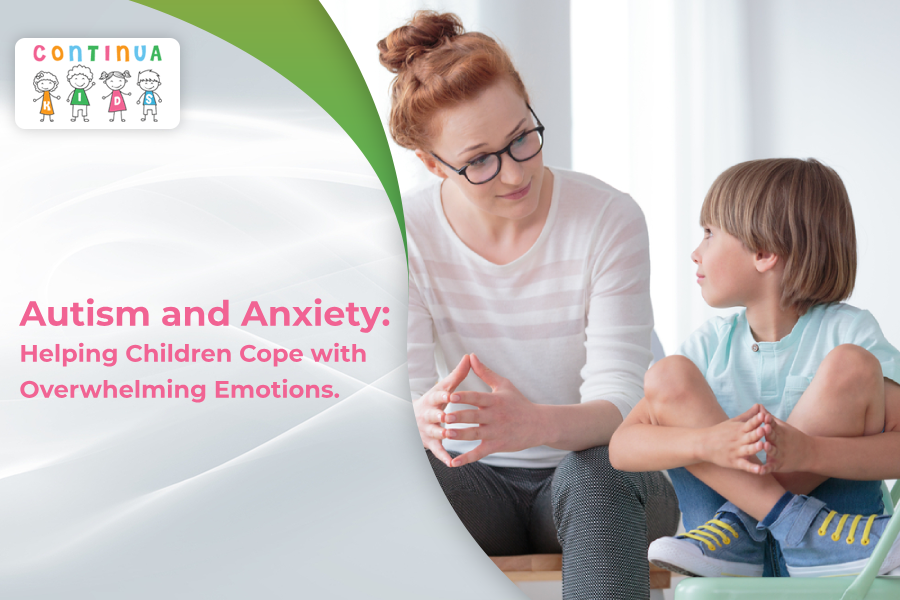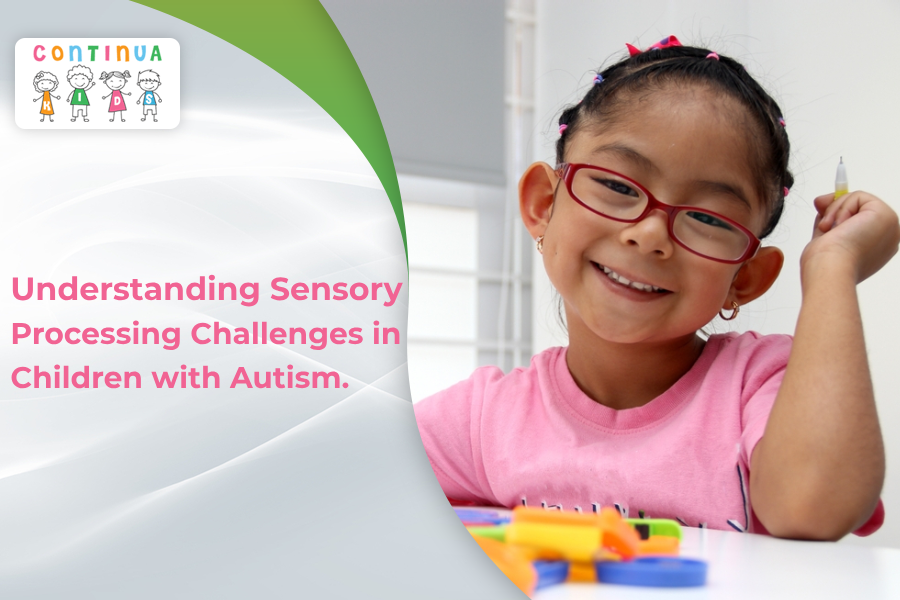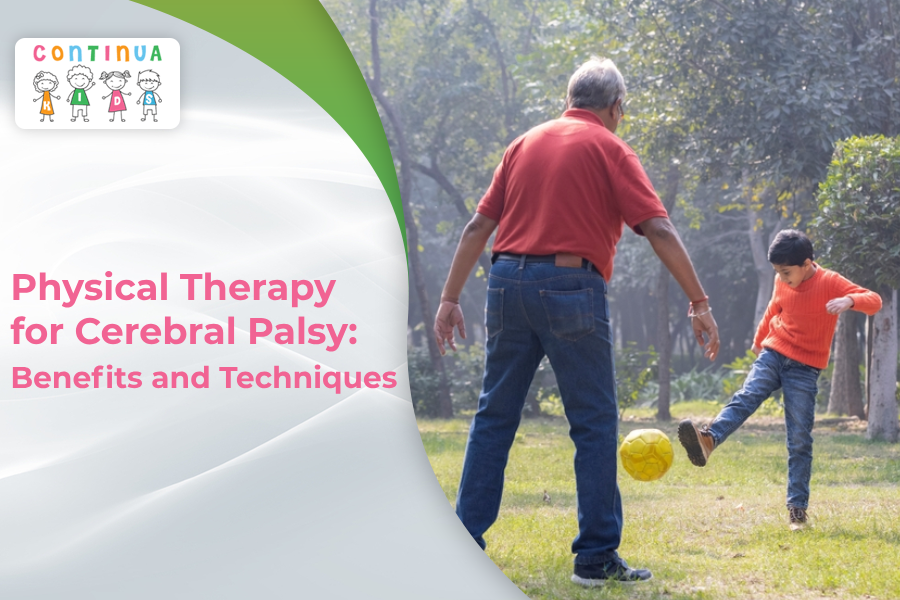Many children who could benefit from treatment are not given the assistance they require because it is difficult to identify them. Therefore, in this article, learn how to spot the signs of childhood mental illness and how you can assist your child.
There are a variety of reasons why parents might decide against seeking treatment for a child who has a suspected mental condition. Parents may be worried about the stigma attached to mental illness, the usage of pharmaceuticals, the cost of treatment, or the logistical difficulties involved.
Common childhood disorders
The following are examples of developmental problems that are treated by mental health experts or are mental health disorders in children:
-
Anxiety conditions
Children with anxiety disorders experience recurring anxieties, worries, or fears that prevent them from engaging in normal, age-appropriate social activities, such as play or school. Diagnoses include obsessive-compulsive disorders, generalized anxiety disorders, and social anxiety.
-
Attention-deficit/hyperactivity disorder (ADHD)
Children with ADHD struggle with attention, impulsive behaviors, hyperactivity, or some combination of these issues compared to the majority of kids their age.
-
Autism spectrum condition (ASD).
Autism spectrum disorder is a neurological illness that typically presents in children below the age of three. The severity of ASD fluctuates, but a child with it has difficulty interacting and communicating with others.
-
Disorders of eating.
The three characteristics of eating disorders include obsession with the perfect body shape, disorganized thinking regarding weight loss and weight control, and unhealthy eating and dieting behaviors. Eating disorders, such as anorexia and bulimia, bulimia nervosa, and binge-eating disorder, can lead to health problems that can be fatal.
-
Mood diseases like depression.
A child\’s capacity to function in class and communicate with others is hampered by depression, which is characterized by persistent feelings of melancholy and loss of interest. Extreme mood swings caused by the bipolar disease include both depressive episodes and extremely high emotional or behavioral highs, which can be uncontrolled, dangerous, or harmful.
-
Post-traumatic stress disorder (PTSD).
In response to physical violence, abuse, injury, or other traumatic events, some people get PTSD, which is characterized by persistent emotional discomfort, anxiety, painful memories, nightmares, and disruptive behaviors.
-
Schizophrenia.
Schizophrenia is a mental illness that alters a person\’s sense of reality and (psychosis). Hallucinations, delusions, and abnormal thinking and behavior are all symptoms of schizophrenia, which most frequently manifests in late adolescence or early adulthood.
Identify the Behavior of Your Child
A youngster who has mental health issues is different from typical kids. Because of this, it is easy to distinguish their behavior. The following are red flags indicating your child may have a mental health disorder:
- Enduring depression that lasts for two weeks or longer
- Avoiding or withdrawing from social contacts
- Causing oneself harm or discussing one\’s harm
- Discuss death or a suicide
- High impatience or outbursts
- Hazardous behavior that is out of control
- Abrupt changes in personality, behavior, or mood
- Shifts in dietary patterns
- Gain less weight
- Inability to fall asleep Regular headaches or stomach aches
- Difficulty paying attention
- Shifts in academic performance Skipping or refusing to attend school.
Want to know more about your child’s behavior and are looking for an expert doctor? Get in touch with the team of expert doctors and pediatricians at Continua kids and get your child the care they deserve.




